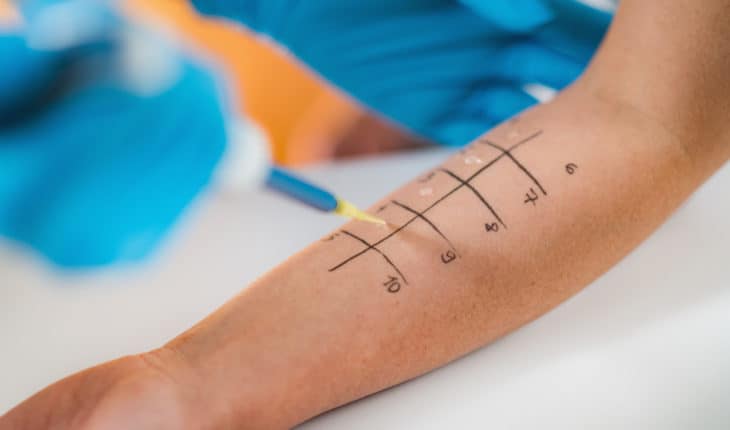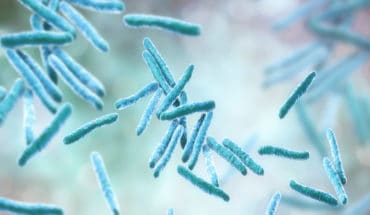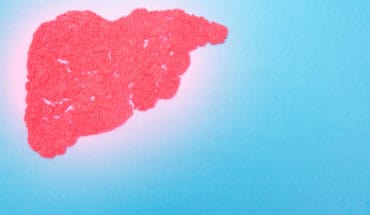More than 1500 babies are being sought for a research study testing whether a whooping cough vaccine can help prevent allergies in early childhood in Australia.
The OPTIMUM Study, conducted at the Murdoch Children’s Research Institute (MCRI), the Telethon Kids Institute and The Children’s Hospital at Westmead, is recruiting infants aged 6-12 weeks from Melbourne, Perth and Sydney, respectively.
All children enrolled in the study will receive a free, comprehensive allergy check when they turn one, to test for reactions to the seven most common childhood allergens, including peanut, egg, grass pollen and cow’s milk.
The trial will look at whether a single dose of the ‘whole cell’ whooping cough vaccine given at two months of age instead of the current ‘acellular’ whooping cough vaccine can help protect young children against food allergies and eczema.
MCRI Associate Professor Kirsten Perrett said the study would determine whether the whole cell whooping cough vaccine could help prevent allergies by training the immune system to recognise the difference between harmful germs and things it could mistakenly treat as a threat such as food.
“Like most vaccines, the acellular whooping cough vaccine trains the immune system to produce only a few specific types of antibodies, which the immune system uses to destroy or inactivate germs,” she said.
“But the whole-cell whooping cough vaccine is different; it trains the immune system to produce a range of different antibodies and to tell the difference between harmful bacteria and harmless things like food. We hope that by training the immune system in this way we will stop it mistakenly mounting allergic responses to harmless substances.”
Associate Professor Perrett said most of the whooping cough vaccines given around the world were the whole-cell vaccine type but in Australia the acellular vaccine was used. Australia switched to using the acellular whooping cough vaccine in 2003 because it caused fewer reactions.
But Associate Professor Perrett said the side effects experienced after having a whole-cell whooping cough vaccine were the same as other routine vaccines and serious side effects and severe allergic reactions were extremely rare, occurring in less than one in one million vaccine recipients.
“The whole-cell whooping cough vaccine is a safe and effective vaccine to give to young infants,” she said.
The call for trial participants comes during World Allergy Week, which aims to raise awareness of the impact of allergy in our communities. Australia has the highest rates of childhood food allergy in the world, with about one in 10 infants and one in 20 children up to five years of age being allergic.
Melbourne mum Sarah Hudson said she enrolled her son Oliver, 7 weeks, in the study as she wanted to contribute to medical research into allergies, which affect so many children living in Melbourne.
“This is our family’s chance to play a small part in trying to advance the research being done into childhood allergies,” she said. Luckily we don’t have a family history of allergies but I know so many others who have children with a food allergy and I see first-hand how much this impacts on them.”
Associate Professor Perrett said prevention was key to reducing the food allergy epidemic.
“There are many factors currently being investigated that may contribute to why so many more children have food allergies,” she said. “At this stage we have some hunches about why food allergy has risen so sharply but we need to do these clinical trials to find out for sure.”
Participation in the 18-month randomised controlled trial also involves completing five online questionnaires over the course of the study, attending three hospital appointments including a free allergy test when their child turns one.
To register for the Melbourne trial click here or to find out more contact Anna Bourke on 0403 292 554, visit mcri.edu.au/research/projects/optimum-study or email optimum@mcri.edu.au. For the Perth trial phone 0400 450 240 or email OPTIMUM@telethonkids.org.au. For the Sydney trial phone 0423 799 327 or email SCHN-OPTIMUM@health.nsw.gov.au
For more about MCRI’s allergy trials visit the Centre for Food and Allergy Research website.
*The content of this communication is the responsibility of MCRI and does not reflect the views of the NHMRC.
- Coeliac UK at Medical Research Showcase - 30th January 2026
- USA Fat Camp (1940) - 30th January 2026
- Almost half of Brits on weight loss jabs are ‘hacking’ medication - 30th January 2026







